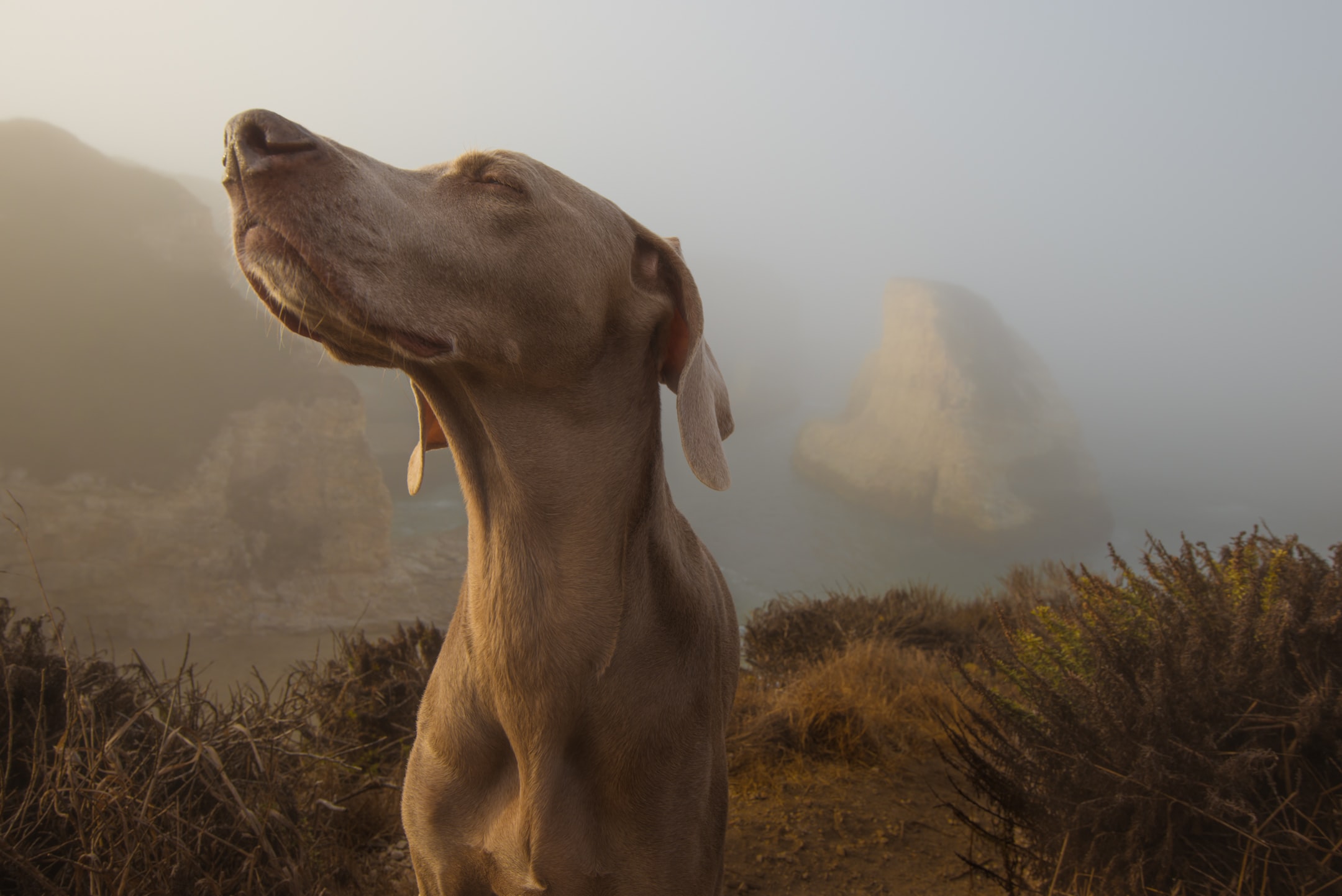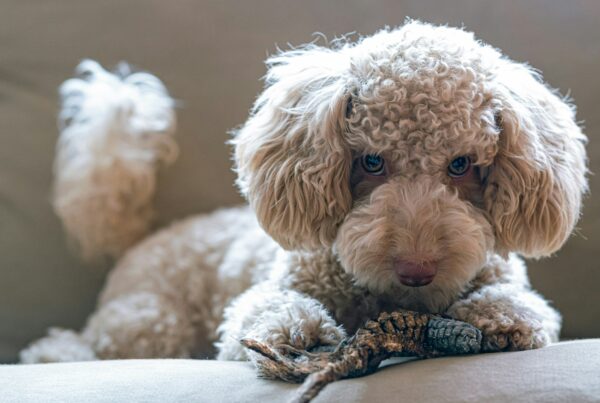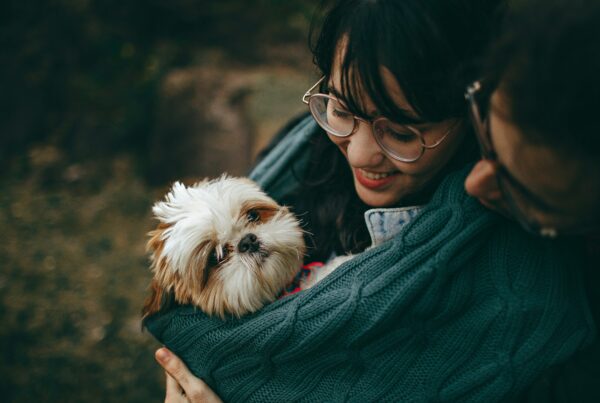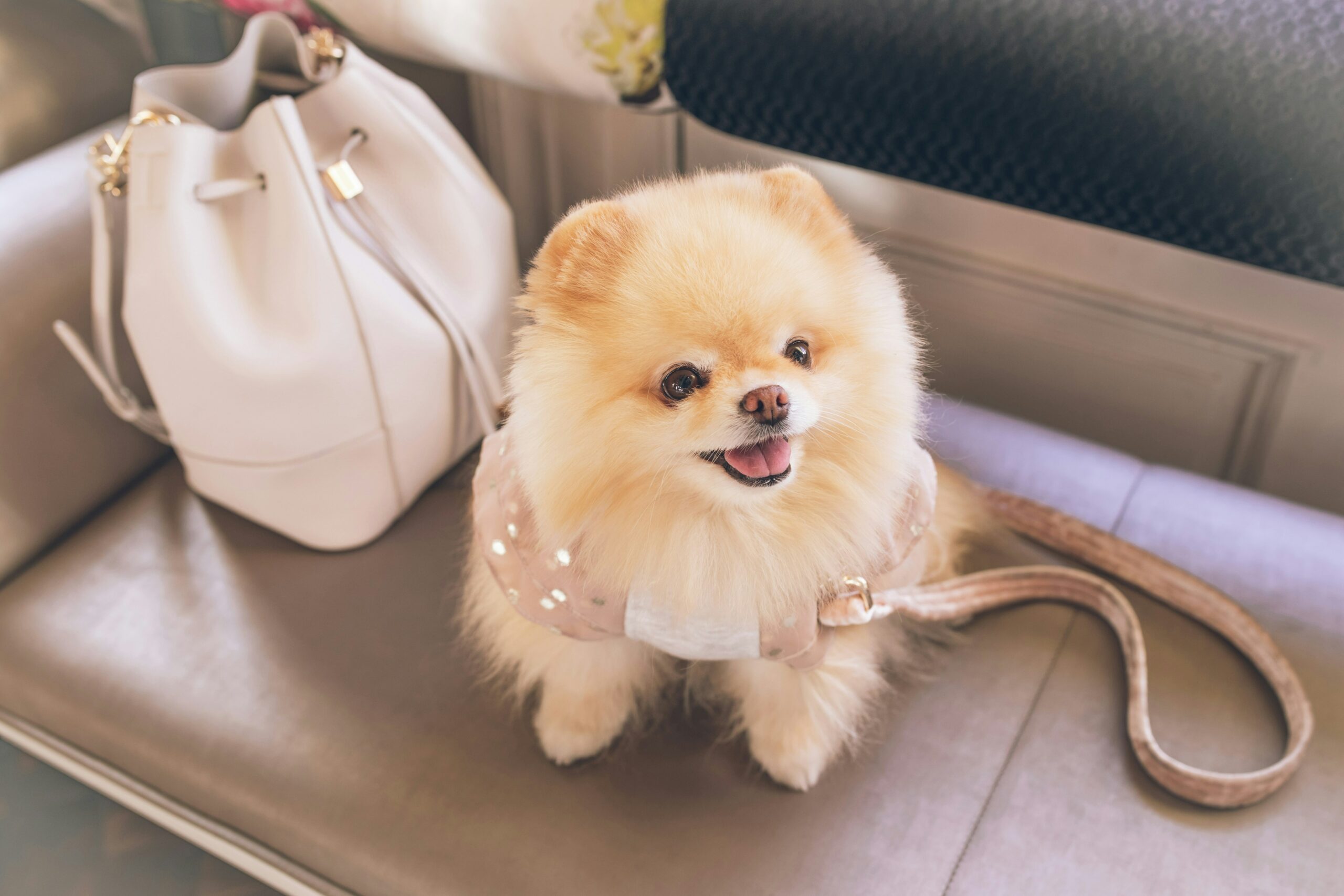Some dogs do, and others don’t, and some that do shouldn’t! The world of hunting dogs, commonly referred to in the UK as gun dogs, have an imprinted genetic code that makes them useful for hunting small prey like birds. Did you know gun dogs or hunting dogs share another trait, which is they have a soft mouth, meaning they can pick prey up without sinking their canines into it, destroying the prey’s meat.
Find out what dogs point out and more such as:
- What’s the easiest hunting dog to train
- Do GSDs point by instinct?
- Do hunting dogs make good pets?
- Should you reward your pointer every time they point?
Let’s jump into it.
Do hunting dogs naturally point?
Not all hunting dogs point. Some hunting dogs, such as fox hounds and beagles, do not always point regardless of being hunters. You can assume the reason why these dogs do not point out is that they are pack animals. If you have ever seen a fox hunt, you will hear the incessant barking and howling of the pack as they try to follow the scent of the poor fox uphill and down dale.But other breeds of hunting dogs point naturally upon hearing the prey or, more often, by scent. This has been inbred to their breed.
Did you know that a recent study found a dog’s sense of smell is up to 100 million times more sensitive than a human’s, and they can even detect weak thermal radiation ( the body heat of a mammalian prey).
How do hunting dogs point?
By lifting a front paw and painting their nose in the direction of the scent. Most of us know dogs are pretty smart, but you must admit hunting dogs at that point are just amazing animals. Once a hunting dog has identified the day’s quarry, he may be commanded simply to follow his nose. Springer Spaniels are a perfect example of this type of dog who can be used for retrieving birds on a shoot or be sent into the gorse to oust the pheasants for the shoot.
Can you train any dogs to point?
To a certain extent, but will its instinct be reliable? There is a difference between instinct and being trained. Some dogs can be trained to be incredibly useful in areas of life, from search and rescue or personal protection. But instinct is different. The dog will just point because this is how it has been bred for centuries in many cases.
Do German Shepherds Point?
Yes, sometimes. When a German Shepard points, it’s normally a visual or hearing signal that has triggered the response. The response’s main purpose is probably not retrieval but a protective instinct. As the name suggested, German Shepherds were bred for the sole purpose of herding the flock and flock protection. Although the German Shepherd is massively intelligent with the right stimulation, they do not have inherent pointing skills.
What dogs point?
Hunting dogs and gun dogs, but not all. The list is quite long, so let’s take a look at some of the breeds you may have heard of at some point.
- German Longhaired Pointer: It goes without saying that pointers point at their quarry and have soft mouths, which make them perfect bird dogs.
- German Roughhaired Pointer: Is a variant in the breed, longer hair may offer the dog more protection while chasing through undergrowth and gorse.
- German Shorthaired Pointer: The GSP has become synonymous with the pointer breed. German pointers are versatile dogs and make the perfect hunting companion. The German pointer is happy chasing prey on land and diving into the water to retrieve a duck or teal.
- English Setter: Is a robust medium size dog with incredible hunting abilities with the right owner (they can be rambunctious ) and needs a firm hand. Often called the gentleman dog, I guess gentlemen are associated with English! The setter breed dogs, whether Irish or Gordon, all have the same traits and make wonderful hunting companions.
- Weimaraner: Another medium-sized hunting dog that was bred for hunting larger prey such as deer and wild boar.
The list continues with these wonderful hunting dogs.
Should you reward your dog for pointing?
Being on a hunt is not the time for rewards. You have to say it would be bad practice to reward your hunting dog every time he does something from instinct. It may even spoil your hunting experience.
Do hunting dogs make good pets?
Yes, hunting dogs/ gun dogs are great to have around the home and tend to be loyal companions. Hunting dogs obviously need the appropriate levels of exercise, so if you live in an apartment, it may not be the dog for you. From personal experience, gun dogs don’t tend to stay clean for very long, and at the first opportunity to hide their scent, they will prefer to roll in bird poop than the smell of scent from the dog parlor.
What is the easiest breed of hunting dog to train?
Labradors, Golden retrievers, and Spaniels. Just because your hunting dog has the innate ability to point when they pick up a scent does not mean hunting dogs are easy to train. Hunting dogs are not couch potatoes; without regular exercise, they will become destructive and boisterous. However, some breeds are super intelligent and loyal to the family, as those mentioned above. This is why labradors and golden retrievers are so common as household pets. They have a perfectly soft, calm nature. Let’s not leave out the German Shorthair Pointer. They make fantastic pets if they receive daily exercise appropriate for the breed.
What should I feed a hunting dog before hunting?
The food should be proportionally split between 30% protein and 20% fat, and the rest of the volume should be made up of carbohydrates for energy and nutrients to keep the dog healthy.
photo cred: https://unsplash.com/photos/Aok1bBzv3Zg
Love our content? Share it with a friend or link it to social media. Like short clips of cute household pets? Training tips? Follow us on instagram @nydognanny or on YouTube at nydognanny. Have some news you needs to get to dog and cat parents stat? Email info@newyorkdognanny.com with your article pitch.




